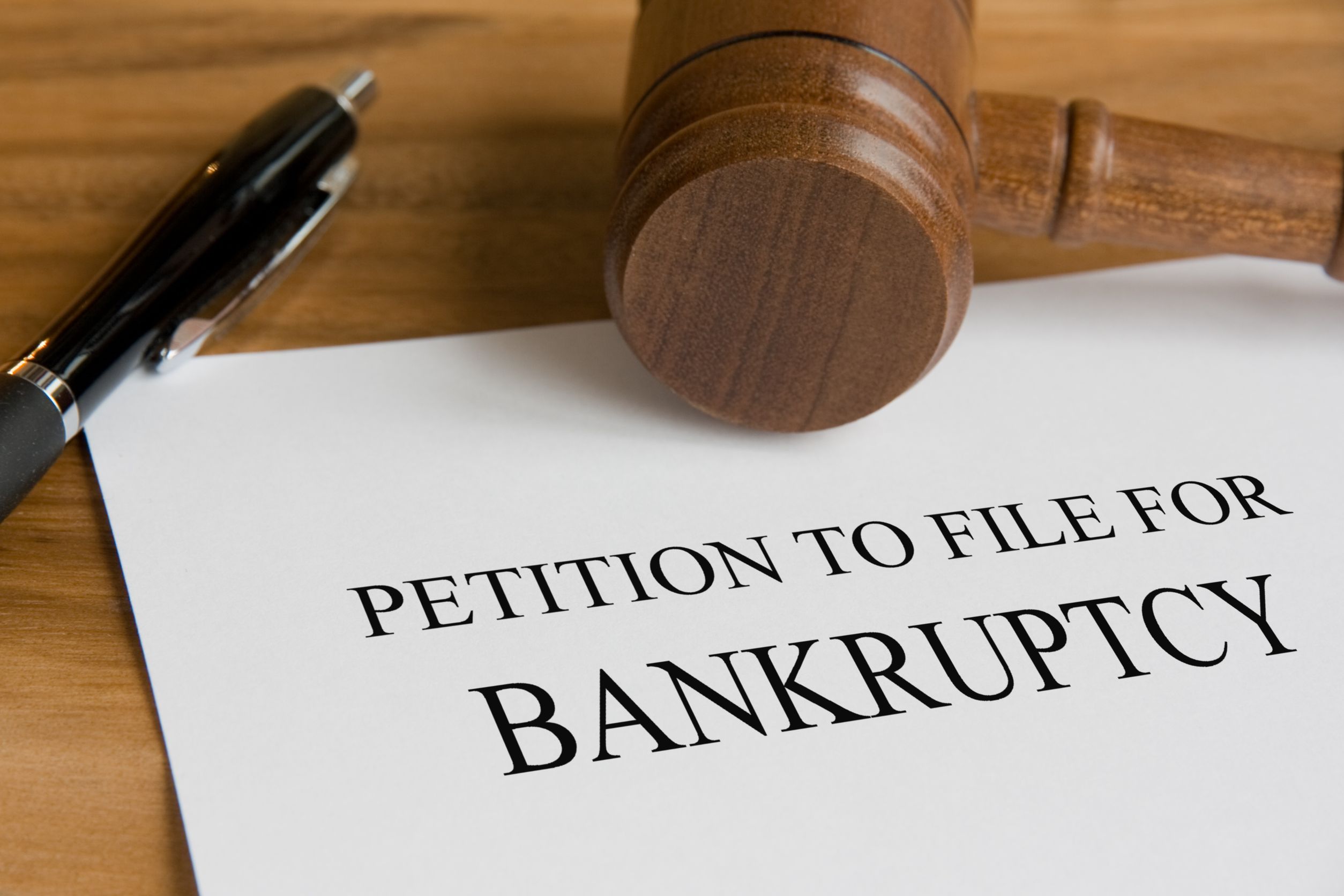Bankruptcy is a process that helps businesses and consumers get rid of or repay debts under Federal protection. There are two different categories: liquidation and reorganization bankruptcy. In a Chapter 7 or liquidation bankruptcy, a business or person petitions the court to discharge certain debts. In exchange for a discharge, the entity’s assets are liquidated (sold) and the money is used to repay creditors. In reorganization (Chapter 11 Bankruptcy Fall River MA), the debtor files a plan with the court detailing how the debt will be repaid. Some debts must be fully repaid, while others require little to no repayment.
Differences Between Chapter 11 and Other Bankruptcy Types
As mentioned above, Chapter 11 is also known as a reorganization bankruptcy, similar to Chapter 13. It is available to corporations, partnerships and individuals. There’s no limit on the debt amount, and Chapter 11 is a common choice for larger businesses looking to restructure and become profitable again. Chapter 11 is the most flexible choice, which makes it the most expensive one as well, and reorganization success rates are relatively low. Chapter 7 is a common choice for individual debtors, but companies can file if they intend to permanently cease operations.
When Businesses File For Chapter 11
If a business declares Chapter 11 bankruptcy, it must try to reorganize. Under this chapter, the business’ reorganization plan is approved by creditors’ votes. Managers can continue to run the business, but the court must approve all major decisions.
How Company Stock is Handled
A company’s shares may trade even after a Chapter 11 Bankruptcy Fall River MA. Even if the company isn’t listed on the stock exchanges, shares can still be traded. If or when the company emerges from bankruptcy, there may be different kinds of common stock: the old and the new. If old common stocks are traded, they have a five-letter symbol that ends in a “Q”, denoting the bankruptcy. New common stocks have no such designation.
Should an Individual or Business Hire a Bankruptcy Attorney?
Because bankruptcies are under federal jurisdiction, consulting an attorney may be beneficial. Companies considering a Chapter 11 filing should hire a lawyer to help them through the complexities of a bankruptcy case. A lawyer with the Law Offices of Tara M. George PC may be able to determine which course of action suits the client’s needs.

